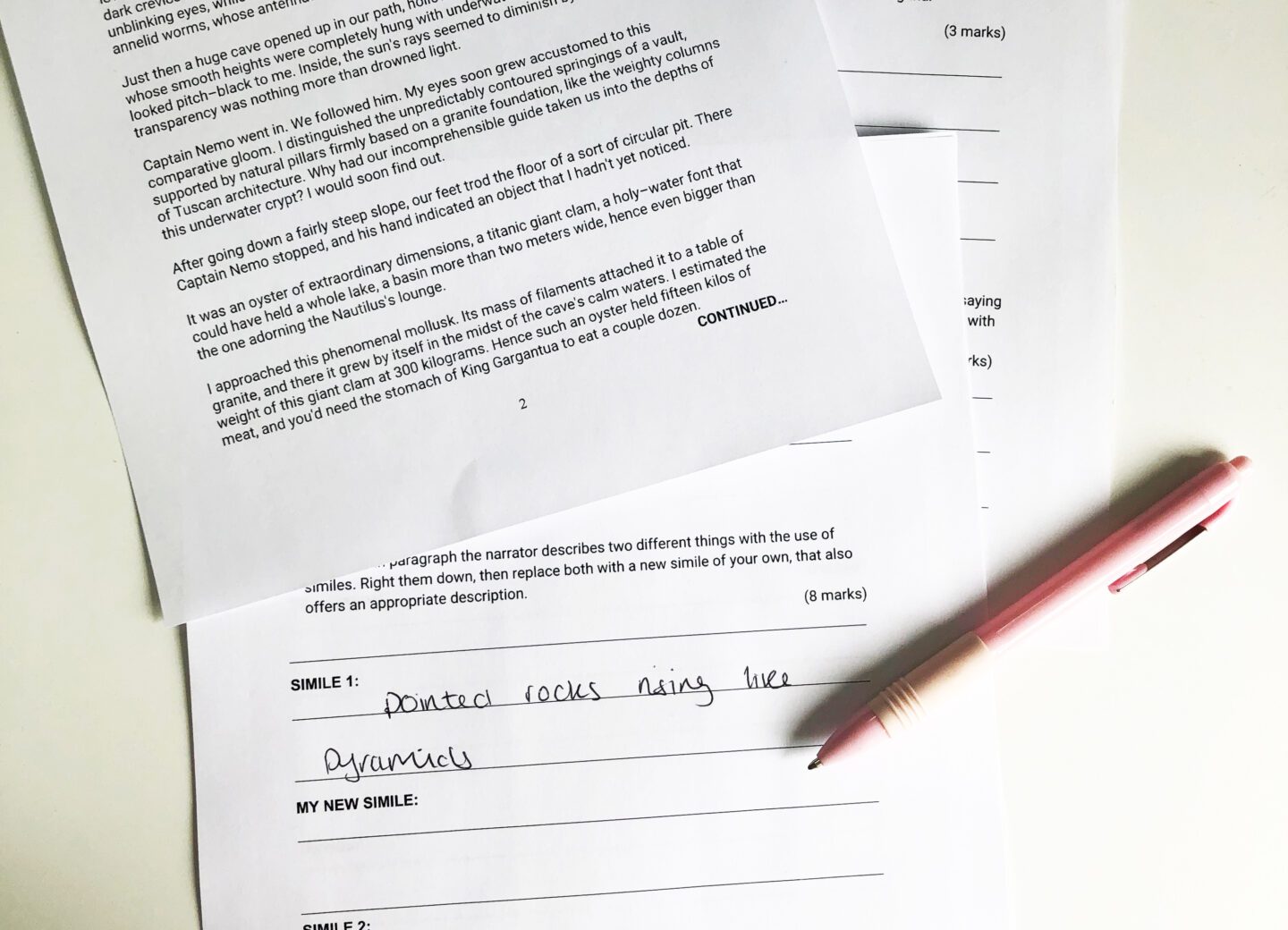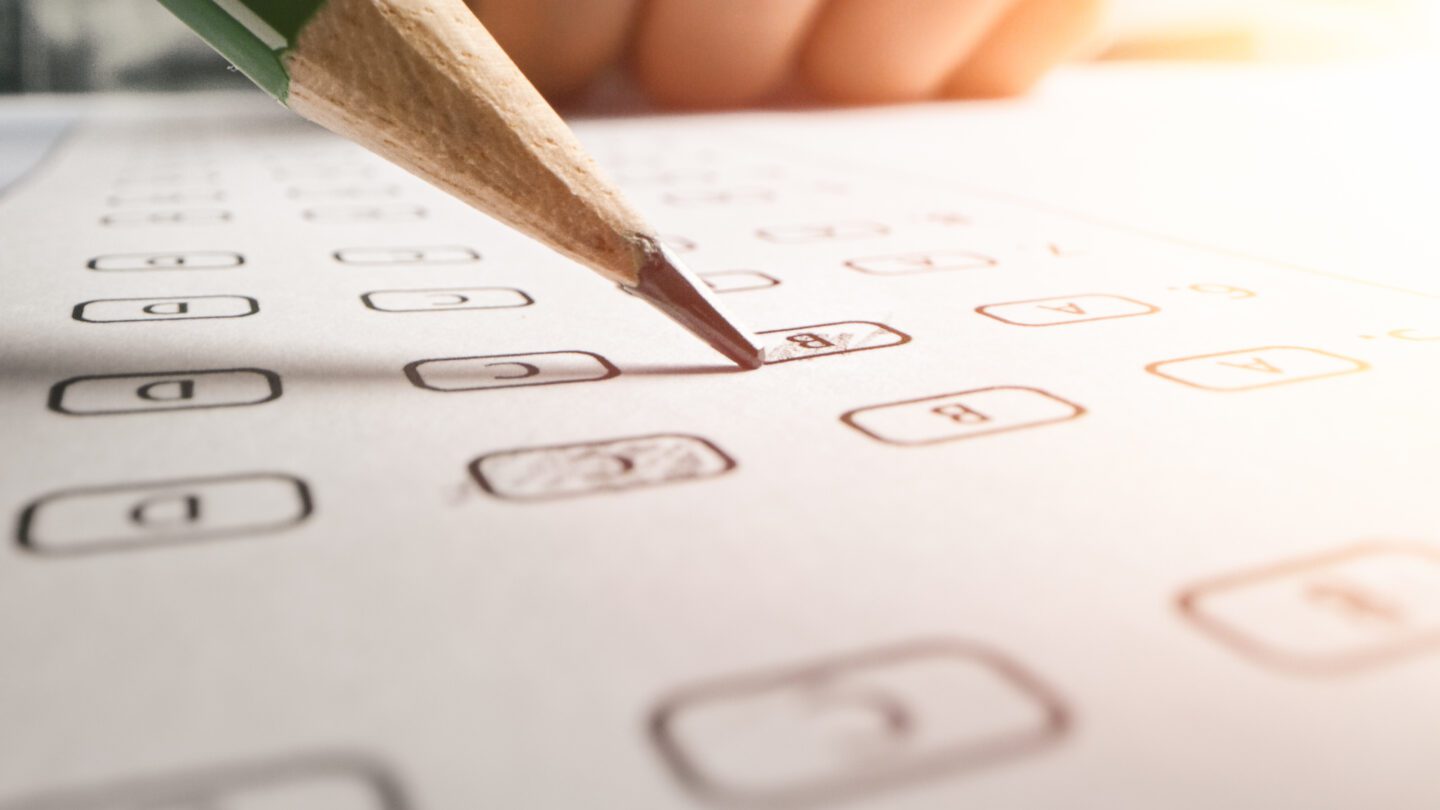
Practice papers Created by experienced educational authors.
Using Practice Papers
Why are Practice papers so important?
Simply put, working their way through lots of practice papers is how your child is going to feel confident and prepared for their 11 plus exam. On a very practical level, they will learn what their exam will look like, feel like and how quickly they need to work to get through it in the time allotted.
There exam can take many forms, from digital, to written long form, multiple choice answer sheets and optical mark recognition tests. As a parent, your job is to find out which of these your child will face and help them practice accordingly.
Covid 19 affected exams
The exams in their normal format were for the most part cancelled in January 2021 due to Covid 19 restrictions, which meant that children could not gather in school halls to take the test. Most schools switched their assessments to the digital ISEB Common Pre-test, which has historically been used as a pre test for Boarding School entrance. There were far reaching ramifications of this decision, including that most candidates only had to sit one exam for all the schools they wished to be considered for. Although this reduced the pressure on children, it did mean that the one ISEB they sat, was in fact very high stakes and if they had a bad day, they were particularly penalised for this and didn’t have another opportunity to show what they could do.
At the date of writing (April 2021) we do not know whether schools will return to their previous individualised admissions tests, or if they will look for their September 2022 intakes using the ISEB Common Pre-test again. Parents should regularly check the websites of their chosen schools for updates which should be released soon.
Plan your Practice Paper campaign
When to start?
You can start practice papers too early and it is important to check that your child has covered most of the syllabus before they start practice papers in earnest.
If they don’t know how to answer many of the questions, they may become disheartened and demotivated. Your tutor can advise when it is appropriate to begin exam practise.
Practice Papers – phase one (Practicing for familiarity and question practice)
During the summer term of Year 5, we suggest you download and print off all the sample papers available on your target schools’ websites. This will hopefully be at least two for each school. Also try and work out some proxy schools of about the same academic standard and download these too. Then sort them from the easiest to the hardest papers, leaving your number one school choice until last.

Create a spreadsheet, noting all the exam papers you have from the easiest to the hardest and work backwards from the date of the exams, placing a date for each paper to be completed at regular intervals. Hopefully, this will mean your child will need to complete 1-2 papers per week over the summer holidays and into the Autumn term. Start earlier if you need to.
Practice papers – phase two (Practising for exam technique and speed)
In the final part of your exam preparation, practice papers are a critical tool to help your child practice their exam technique and improve their speed.
At this point your child should be secure in their subject knowledge and have practised lots of questions and be familiar with typical exam papers.
Using their remaining practice papers, they must now learn and practice exam technique in an age-appropriate way. The most important concepts for them to grasp are to:
- Leave questions they do not understand or are struggling with and come back to them if they have time at the end
- Answer every multiple-choice question, guessing if necessary
- Take appropriate time on each question relative to the marks available.
These concepts are hard for children to grasp and they need to practice them many times.

Children must practise the format of all the different tests they will be taking. Parents are often caught out by pre tests and stage one tests which can happen earlier in the Autumn term of Year Six, for schools such as Westminster and JAGS. Parents often concentrate on preparing their children for the written papers which typically happen in the January of Year 6, without realising that a large cut of candidates is made in the previous October or November based on an extremely time pressured digital Reasoning test.
Speed
We cannot stress how important it is that all concerned in school entrance preparation with their child are fully cognisant of how fast children need to perform in their exams. We believe this is one of the major reasons that children fail. Children know their stuff, but they can’t work their way through the questions quickly enough to get to the hard questions at the end of a paper, where they can really show their abilities and differentiate themselves.
We find this problem particularly acute in children who attend state primary school as they are less likely to have been regularly tested in school under timed exam conditions.
From the beginning of the Year 6 term, senior school applicants should be completing practice papers to time and beginning to understand what the rhythm of picking up one mark a minute feels like.
How to practice for digital tests including the ISEB Common Pre Test
It is trickier to practice digital tests, given the scarcity of resources for these fairly new exams. There are no official practise tests for the ISEB Common Pre-test apart from one short and clunky familiarisation test available on the ISEB website.
The ISEB also does not endorse any other practice resources that have been created to practice this test. This year they have released previous ISEB written papers for the first time on the Galore Park website and these would be very useful to practice with.
In terms of practising the digital test, we believe the most developed ISEB digital practice tests are from:
Further resources
Galore Park are the official partners of the ISEB and they do provide written practice questions.
These will be a good help in ensuring your child has covered the syllabus and has had sufficient question practice, but crucially cannot help children familiarise themselves with the digital exam.
Get in Touch
For more expert advice on the 11+, contact our team today.
-
Give us a call
020 8883 2519 -
Email us
hello@mentoreducation.co.uk -


